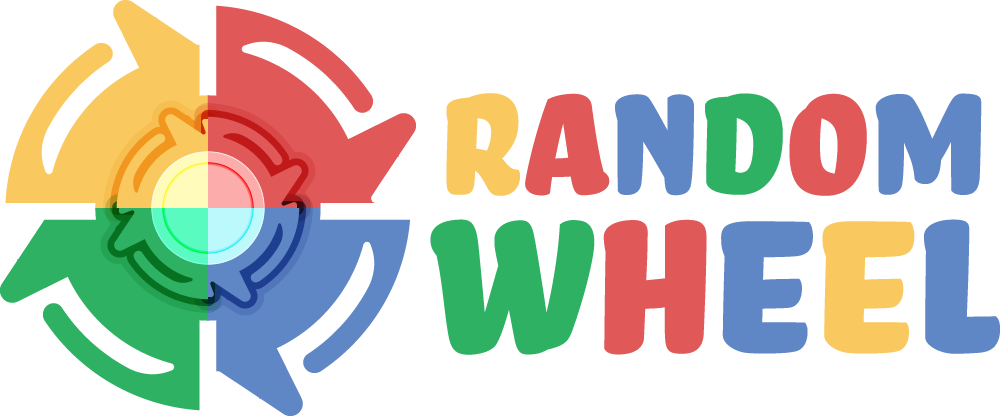
Integrating a random wheel into the school environment opens up a world of possibilities, bringing an element of fun, fairness, and engagement to various aspects of education. From classroom activities to decision-making processes, the random wheel can be a valuable tool that benefits students, teachers, and the overall learning experience. Let's explore some of the ways in which a random wheel can be utilized in schools:
Random Student Selection and Participation
The random wheel is an excellent tool for selecting students for various tasks and opportunities. Teachers can use it to randomly choose students to answer questions, participate in classroom activities, or take on special roles. By removing any biases or favoritism, the random wheel ensures that every student has an equal chance of being selected, encouraging participation and boosting self-confidence.
Team Formation
Group projects and classroom games often require dividing students into teams. The random wheel can be used to create fair and unbiased groupings, promoting diversity and fostering collaboration among students who may not typically work together. By eliminating preconceived notions or cliques, the random wheel facilitates the formation of diverse and dynamic teams.
Classroom Discussions and Contributions
To encourage active participation and ensure that all students have an opportunity to contribute, teachers can employ the random wheel during class discussions. By randomly selecting students to share their thoughts or opinions on a given topic, the wheel promotes an inclusive learning environment where every voice is heard. This approach fosters critical thinking, respectful dialogue, and the development of communication skills.
Quiz and Review Games
Engaging students in quiz or review games using the random wheel can transform traditional learning into an exciting and interactive experience. Teachers can input questions or topics into the wheel, spinning it to randomly select the question for each round. This gamified approach motivates students, creates a sense of friendly competition, and reinforces knowledge retention.
Classroom Rewards and Incentives
The random wheel can be an effective tool for determining rewards or incentives within the classroom. Teachers can use it to randomly select students to receive recognition for exemplary behavior, academic achievements, or active participation. This element of surprise adds excitement and encourages students to put forth their best efforts, fostering a positive and supportive classroom culture.
Decision-Making Exercises
Teachers can engage students in decision-making exercises by incorporating the random wheel. For example, in a social studies class, students can debate different historical scenarios, and the random wheel can be spun to determine the outcome. This approach stimulates critical thinking, analysis, and problem-solving skills while allowing students to explore the consequences of different choices.
Extracurricular Activities and Events
Beyond the classroom, the random wheel can be utilized in various extracurricular activities. For instance, it can be used to select participants for talent shows, determine the order of performances or presentations, or choose winners for raffles and giveaways during school events. The random wheel adds an element of excitement and anticipation, creating memorable experiences for students and fostering community engagement.
Fairness and Inclusion
One of the key advantages of using a random wheel in schools is the promotion of fairness and inclusion. The wheel eliminates biases and favoritism, ensuring that decisions are made impartially. This not only creates a level playing field but also teaches students the importance of fairness, respect, and equal opportunities.
When integrated effectively, the random wheel can enhance the learning environment by creating engaging and participatory experiences. It empowers students to be actively involved in the decision-making process and promotes a sense of equality and fairness. By incorporating the random wheel into various aspects of school life, educators can foster a positive and inclusive atmosphere that supports students' academic, social, and emotional growth.



